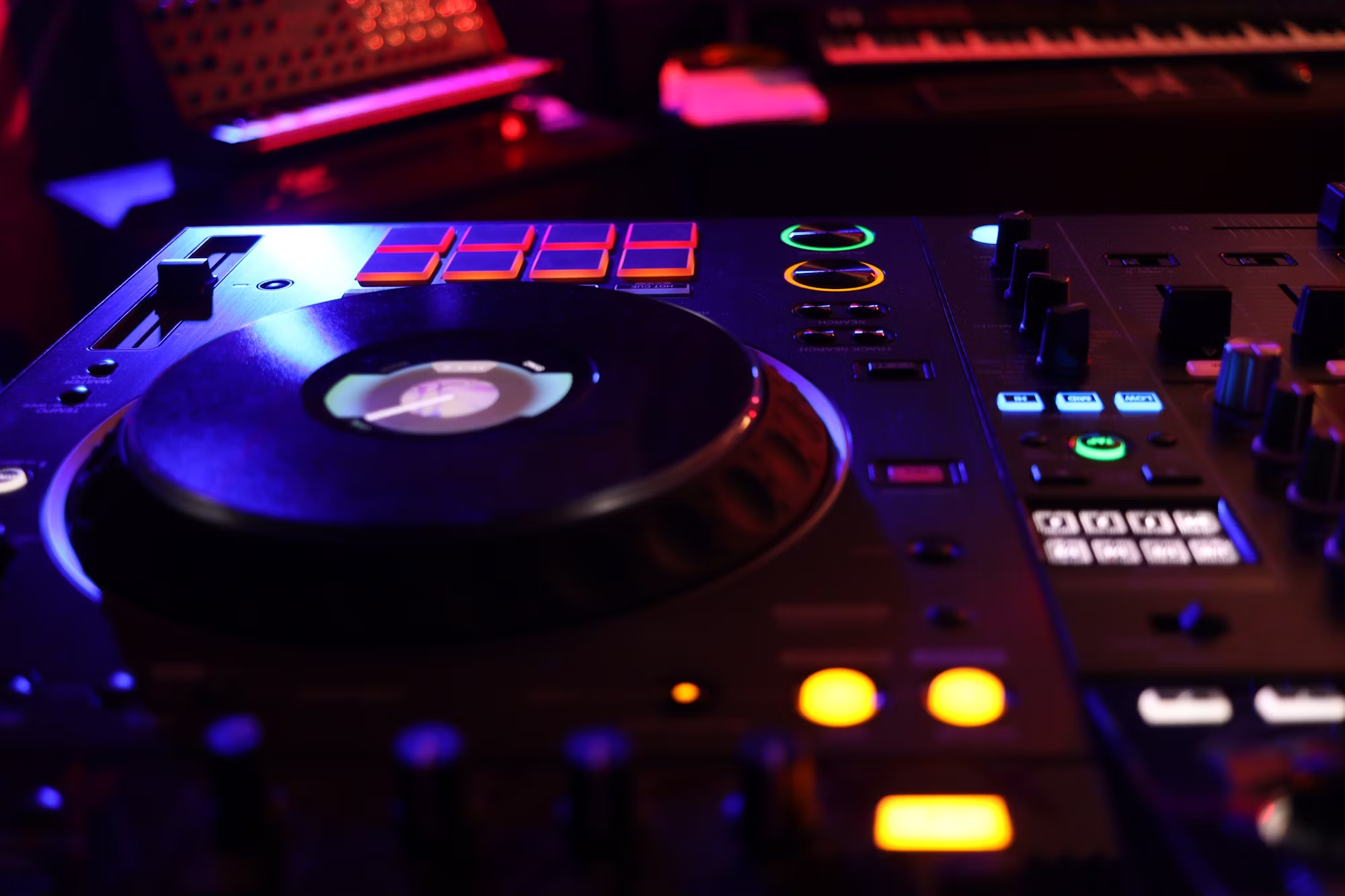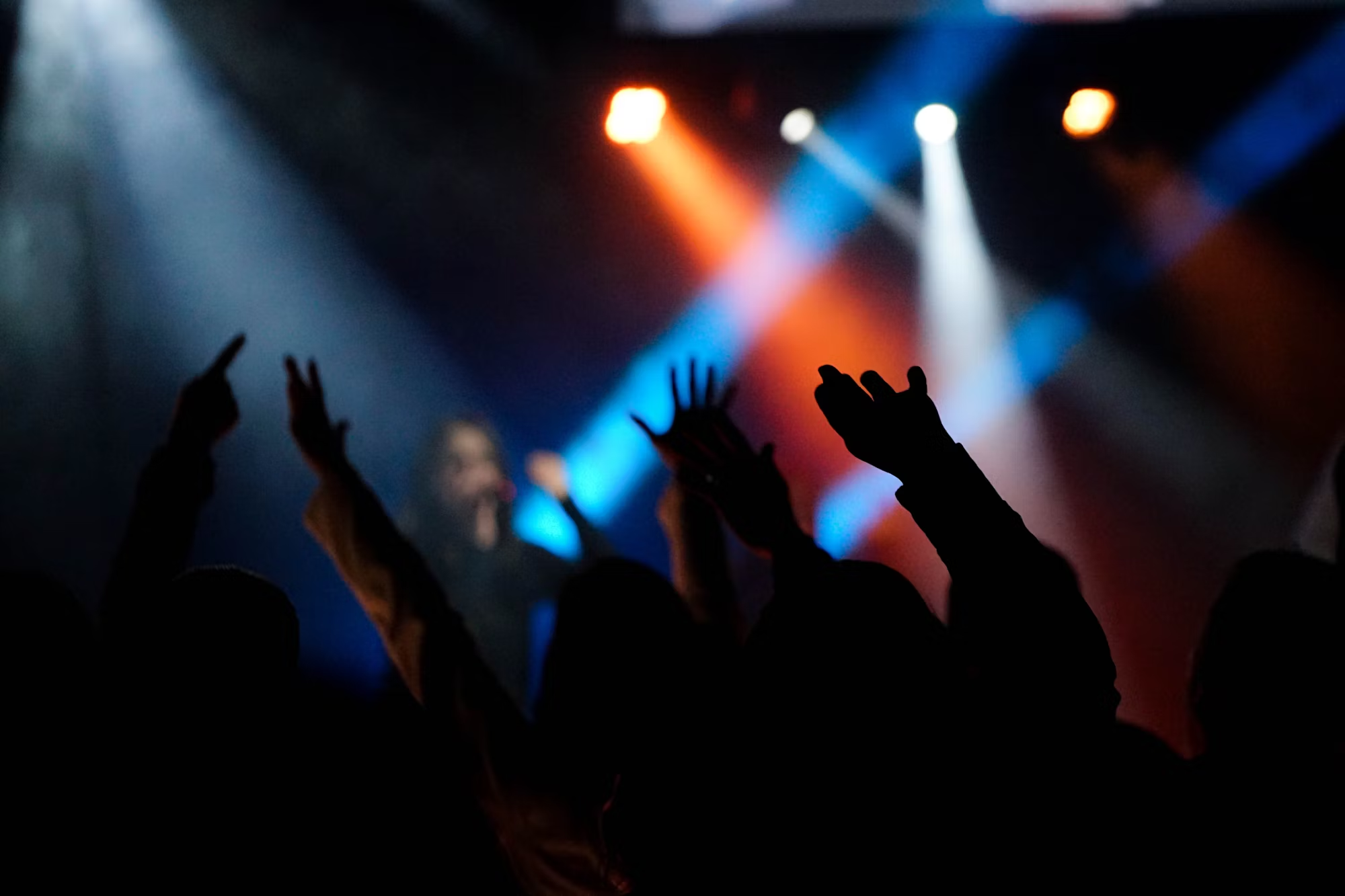Live performances have long been a cornerstone of the music industry, captivating audiences and creating lasting memories. The essence of a concert lies not only in the music itself but also in the experience it offers to both performers and attendees. This article explores the diverse formats of live performances, examining their unique attributes and the powerful connections they forge. At the forefront are solo performer concerts, where individual artists shine in the spotlight. These intimate performances allow musicians to showcase their talents and personal stories, creating a close connection with the audience. Whether it’s a singer-songwriter strumming a guitar or a virtuoso pianist, solo performances invite listeners to engage with the music on a personal level. Artists like Taylor Swift and Adele exemplify the allure of solo concerts, drawing fans into their emotional narratives through heartfelt lyrics and captivating melodies. The atmosphere in these settings is often electric, with fans hanging on every note and word, creating a shared experience that resonates deeply. Transitioning from solo performances, band and group concerts offer a different dynamic that enhances the concert experience. Bands, ranging from small indie groups to iconic rock ensembles, bring a unique energy to the stage. The synergy between band members creates an exciting atmosphere, where each musician contributes to a cohesive sound. Performances by groups like Maroon 5 or Coldplay exemplify this collaborative spirit, blending intricate instrumentals with catchy choruses that invite audience participation. The excitement of a band concert often manifests in sing-alongs, enthusiastic cheers, and an overall sense of community. Audiences feel like part of something larger, united by their shared love for the music and the artists performing it. For those who appreciate the grandeur of orchestral music, orchestral concerts provide a sophisticated and immersive experience. Symphony orchestras deliver powerful renditions of classical compositions, captivating audiences with their artistry and precision. The rich textures and intricate arrangements create an atmosphere of elegance, often transporting listeners to different eras and cultures. Events like the Proms or New Year’s Concert in Vienna showcase the enduring appeal of orchestral music, drawing diverse audiences eager to appreciate the nuances of each piece. The experience of attending an orchestral concert goes beyond just the music; it encompasses the visual spectacle of the orchestra in full swing, the conductor guiding the ensemble, and the stunning venues that often host these performances. Music festivals represent a vibrant celebration of live music, offering an eclectic mix of genres and artists over several days. Events like Coachella, Glastonbury, and Lollapalooza have become cultural landmarks, drawing fans from across the globe to revel in a shared love for music. These multi-genre festivals not only showcase established artists but also provide a platform for emerging talent, creating a diverse lineup that caters to various musical tastes. The festival experience fosters a sense of community, where attendees bond over their favorite acts and enjoy the thrill of discovering new artists. The excitement in the air is palpable, with fans dancing, singing, and celebrating the music that unites them. Festivals also allow for unique collaborations and surprise performances, making each event an unforgettable experience. Unplugged and acoustic concerts offer an intimate setting that highlights the artist’s raw talent and authenticity. In these performances, the absence of electric amplification shifts the focus to the music itself, allowing audiences to appreciate the intricacies of each note. Artists like Ed Sheeran and Norah Jones have captivated fans with their acoustic sets, often reinterpreting popular songs in a fresh, stripped-down manner. The intimacy of these concerts invites listeners to connect deeply with the music and the artist, fostering a unique atmosphere where emotions can flow freely. Tribute concerts serve as a celebration of iconic artists and musical eras, allowing fans to relive the magic of their favorite music. Tribute bands recreate the sound and style of legendary musicians, providing a nostalgic experience for audiences eager to experience classic hits live. Events dedicated to artists like Queen or Fleetwood Mac draw enthusiastic crowds, celebrating the timeless music that has shaped countless lives. These performances not only pay homage to the originals but also introduce new generations to the magic of classic rock and pop. The connection formed during tribute concerts can evoke powerful memories, creating a shared experience among attendees who bond over their love for the music. Specialty concerts, including benefit events and themed performances, add another layer to the concert experience. Benefit concerts, held to raise funds for charitable causes, demonstrate the music industry’s ability to effect positive change. Artists come together to support meaningful initiatives, drawing in audiences who wish to contribute to these causes through the power of music. Events like Live Aid or One Love Manchester showcase the commitment of musicians to use their platform for good, amplifying messages of hope and solidarity. Themed or concept concerts, such as storytelling performances or anniversary shows, offer audiences a cohesive experience that intertwines music with narrative elements. These concerts create a memorable journey for fans, enhancing the emotional impact of the performance by connecting the music to significant stories or milestones. Concert tours represent the ultimate journey for artists, as they travel across cities and countries to share their music with fans. Tours create a sense of anticipation and excitement, allowing audiences to experience their favorite artists in different settings. Each performance is unique, as artists adapt to the energy of the crowd and the ambiance of the venue. Concert residencies, on the other hand, provide a different approach, with artists performing a series of shows in the same location. This format allows for deeper exploration of their music, often leading to a more intimate connection with fans. Events like Elton John’s Las Vegas residency have become iconic, creating an opportunity for attendees to enjoy multiple performances, each revealing new layers of the artist’s work. In recent years, virtual and livestream concerts have emerged as an innovative way to experience live music. These online performances allow fans to enjoy concerts from the comfort of their homes, breaking geographical barriers. Artists have embraced technology to connect with their audience, creating engaging experiences that mirror the energy of live shows. While virtual concerts cannot fully replicate the magic of being in a physical space with an artist, they offer unique opportunities for engagement and interaction. Fans can participate in real-time chats, access exclusive content, and enjoy performances from artists they may never have the chance to see live. The world of live music is rich and diverse, offering something for everyone. From intimate solo performances to grand orchestral concerts, each format creates unique experiences that resonate deeply with audiences. Music festivals and tribute concerts foster community and nostalgia, while virtual events expand accessibility, connecting fans in innovative ways. Ultimately, live music remains a powerful force, bringing people together and creating shared memories. Whether you’re swaying to an acoustic set or dancing at a festival, the joy of live music endures, reminding us of the ultimate connection it forges between artists and fans. As we explore these various concert formats, we celebrate the vibrancy and creativity of the music industry, appreciating the myriad ways it continues to inspire and uplift us.

